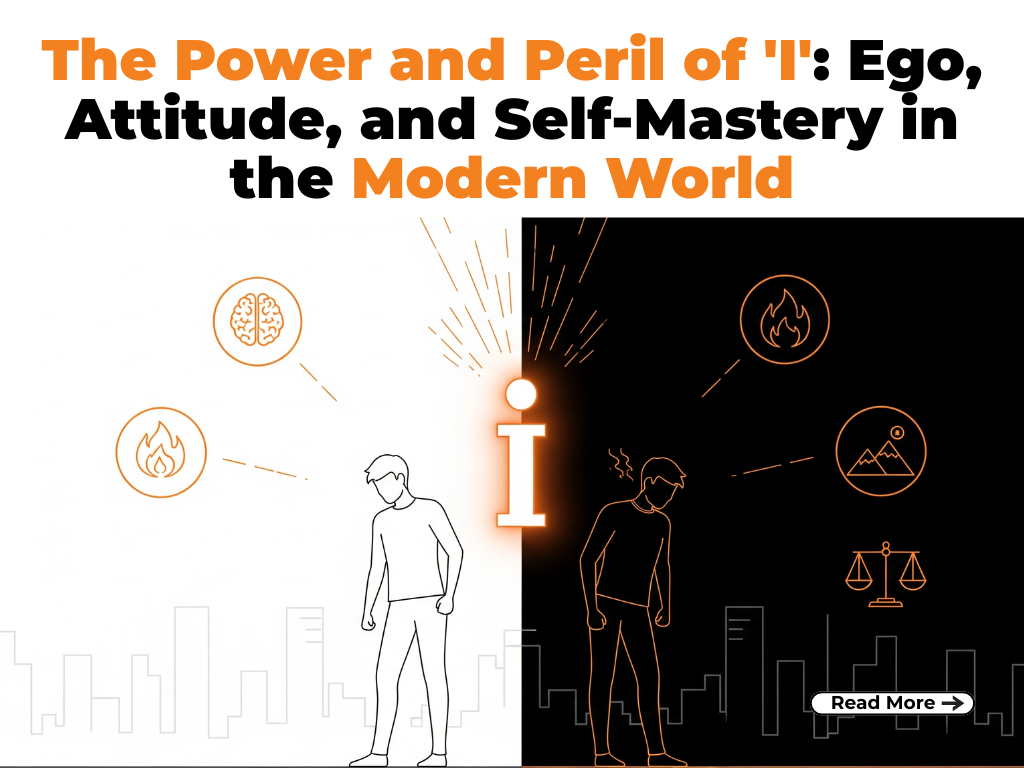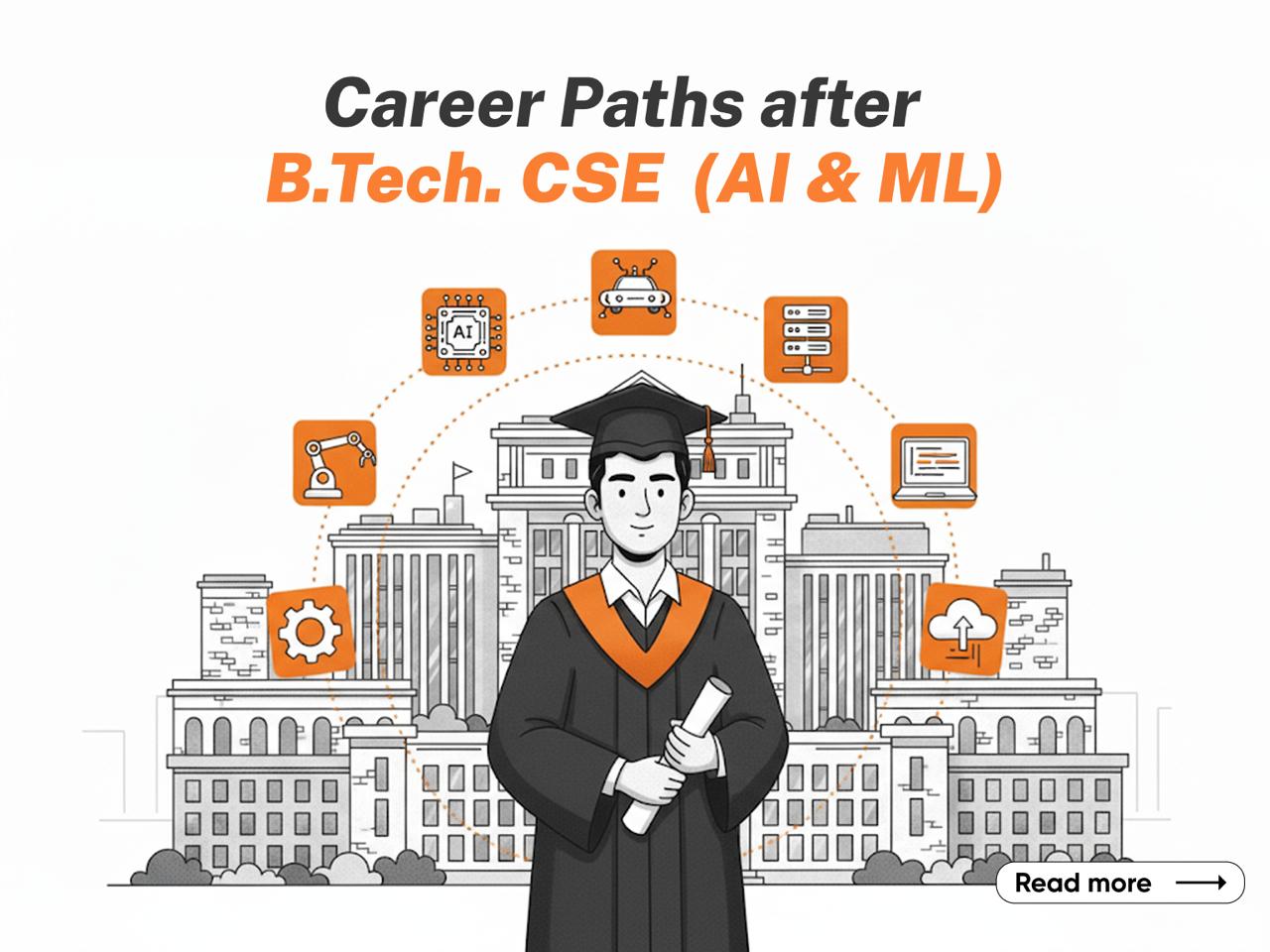Blockchain technology has gained attention across industries in recent years. While many people link it to cryptocurrency, blockchain has much more to offer. From healthcare to logistics, this technology transforms how people store, share, and protect data.
This blog explains how blockchain works, clears common confusion, explores real-world uses, and highlights its career scope. Whether you’re a tech enthusiast or an aspiring professional, understanding blockchain can open doors to future-ready opportunities.
What is Blockchain Technology?
At its core, blockchain is a decentralised and distributed digital ledger. It records transactions across a network of computers. Once someone records data, they find it nearly impossible to alter without changing all subsequent blocks in the chain. This ensures immense security and trust.
Key Features of Blockchain:
- Immutability: Once added, data cannot be changed or deleted.
- Transparency: Every participant in the network can view the data.
- Security: Advanced cryptographic methods secure the data.
- Consensus: Network members must agree before any transaction is added.
So, how does blockchain work? Every transaction creates a block.
This block contains data, a timestamp, and a unique hash. When the network verifies it, the system links it to the previous block, forming a chain. This simple but powerful system has endless applications beyond cryptocurrency.
Blockchain vs Cryptocurrency: Clearing the Confusion
A common myth is that blockchain and cryptocurrency are the same. They are not. Blockchain is the technology, while cryptocurrency is just one of its applications.
Let’s break it down:
- Blockchain: Acts as the infrastructure. It is the platform where data is stored securely.
- Cryptocurrency: A digital asset (like Bitcoin or Ethereum) built using blockchain.
Use Case Comparison:
| Aspect | Blockchain | Cryptocurrency |
| Function | Data storage and validation | Digital currency |
| Industries used in | Finance, healthcare, education, etc. | Financial transactions |
| Purpose | Secure, decentralised operations | Peer-to-peer currency transfers |
In short, blockchain vs cryptocurrency is a matter of scope. Blockchain offers wide-reaching benefits, while cryptocurrency remains one of its many outcomes.
Real-World Use Cases of Blockchain
Blockchain technology is no longer theoretical. It is being used in industries you interact with every day. Here’s how it’s making a difference:
| Industry | Use Case Examples |
| Finance | Cross-border payments, smart contracts |
| Healthcare | Secure patient data, drug supply tracking |
| Education | Tamper-proof academic records |
| Government | E-voting systems, public record management |
| Logistics | Real-time product tracking, supply chain visibility |
These examples prove that blockchain is shaping modern infrastructure. Its ability to provide transparency and accountability is why many sectors are adopting it.
Future of Blockchain in India
India is rapidly embracing blockchain. The Ministry of Electronics and Information Technology (MeitY) is leading various blockchain initiatives. These projects include digital land records, health registries, and educational certificates.
The Reserve Bank of India (RBI) has also introduced a regulatory sandbox. This allows fintech startups to test blockchain-based solutions in a controlled environment. Additionally, startups in healthtech, agri-tech, and supply chain sectors are leveraging blockchain to solve real-world problems.
India’s growing focus on digital innovation ensures that the future of blockchain is bright and full of potential.
Career Scope in Blockchain Technology
With its expanding use, blockchain jobs are in high demand. Companies worldwide need professionals who understand and can build secure, scalable blockchain solutions.
In-demand Blockchain Roles:
- Blockchain Developer
- Smart Contract Engineer
- Blockchain Solution Architect
- Crypto Analyst
- Blockchain Project Manager
These roles offer competitive salaries. In India, entry-level blockchain developers earn around ₹6–8 LPA, while experienced professionals can earn ₹20 LPA or more. Globally, the demand is even higher, especially in the fintech and cybersecurity sectors.
If you’re thinking about the future of blockchain, there has never been a better time to join the field.
Skills Required for a Career in Blockchain
To start a blockchain career, you need a mix of technical and soft skills. Here’s what matters most:
Technical Skills:
- Programming languages: Solidity, JavaScript, Python
- Cryptography fundamentals
- Smart contracts and DApps
- Consensus mechanisms (Proof of Work, Proof of Stake)
Soft Skills:
- Problem-solving
- Creative thinking
- Attention to data security
- Ability to work in agile teams
With the right skill set, you can explore careers in product development, research, or consultancy in the blockchain space.
Academic Route: Start Early with a Specialised Degree
Structured learning helps build strong foundations. That’s why choosing the right academic course is essential.
LPU offers a B.Tech in Computer Science Engineering with Blockchain Specialisation.
This programme covers:
- Blockchain fundamentals
- Smart contract development
- Ethereum and Hyperledger ecosystems
- Real-time projects and industry collaboration
You also gain exposure through startup labs, mentorship from industry experts, and hands-on experience in blockchain platforms.
DevOps and Innovation at LPU
LPU not only focuses on blockchain but also integrates DevOps practices into its tech curriculum. DevOps bridges the gap between development and operations teams to deliver software faster and more reliably. This approach is critical in blockchain deployment, where continuous integration and delivery (CI/CD) are essential.
At LPU, students get hands-on training in:
- Version control systems like Git and GitHub
- Containerisation tools such as Docker
- Automation tools like Jenkins and Kubernetes
- Cloud platforms, including AWS and Azure
Students learn to automate deployment pipelines and manage blockchain applications through real-time labs and industry projects.
Through real-time labs and industry projects, students learn to automate deployment pipelines and manage decentralised applications of blockchain efficiently.
This DevOps culture ensures that graduates are not only skilled in blockchain development but are also ready to implement it in scalable, production-grade environments.
LPU’s emphasis on DevOps in combination with blockchain makes its graduates highly employable and future-ready.
Conclusion
To sum up, blockchain technology is more than just a cryptocurrency enabler. It is a secure, transparent, and efficient solution for managing data and transactions.
Its use across finance, healthcare, education, and logistics proves it is here to stay. With increasing support from the Indian government and a growing startup ecosystem, the future of blockchain in India looks promising.
LPU’s specialised degree in blockchain, combined with practical DevOps training, ensures that students graduate with both the technical and operational skills required to thrive in this field.
If you’re passionate about tech, this is your moment. Start your journey with the right course, and prepare for a future filled with innovation and growth.
FAQs
Q1: Is blockchain only used in cryptocurrency?
No, blockchain has multiple applications, including healthcare, education, logistics, and governance.
Q2: What jobs are available in blockchain technology?
Roles include Blockchain Developer, Smart Contract Engineer, Blockchain Architect, and Crypto Analyst.
Q3: Does LPU offer a course in blockchain development?
Yes, LPU offers B.Tech CSE with a Blockchain Specialisation, covering smart contracts, Ethereum, and Hyperledger.
Q4: What are the top blockchain platforms to learn?
Ethereum, Hyperledger Fabric, Solana, and Binance Smart Chain are popular platforms for beginners and experts.
Q5: How is blockchain used in India?
Blockchain is used for land records, health data management, secure voting, and education certificates, backed by government and startup initiatives.




![Career Paths After B.Sc. Information Technology [Lateral Entry] Career Paths after B.Sc. Information Technology [Lateral Entry]](https://www.lpu.in/blog/wp-content/uploads/2026/01/Career-Paths-after-B.Sc_.-Information-Technology-Lateral-Entry-218x150.png)









